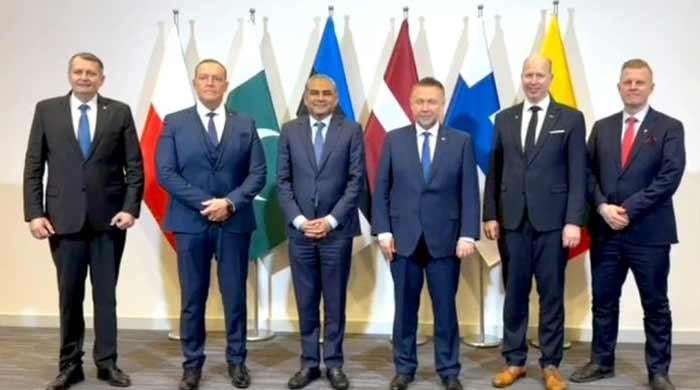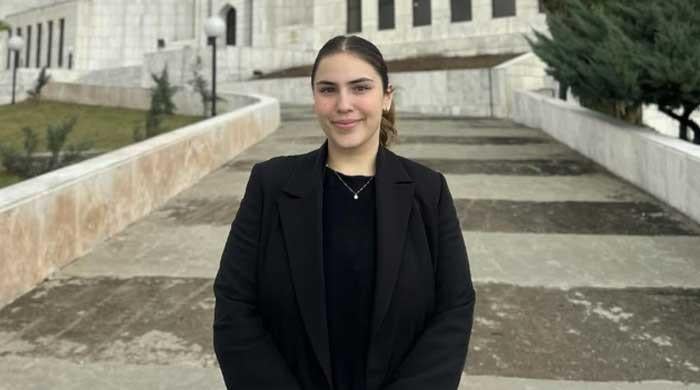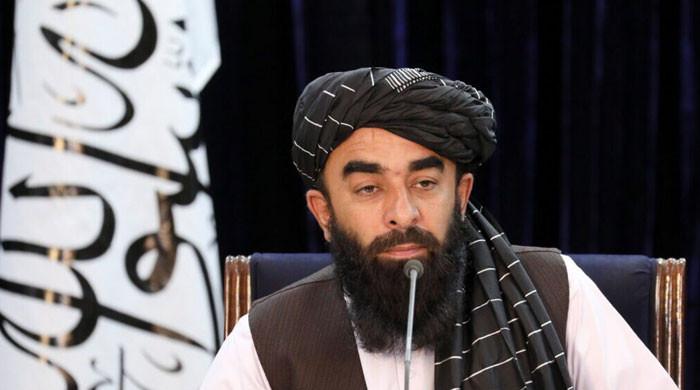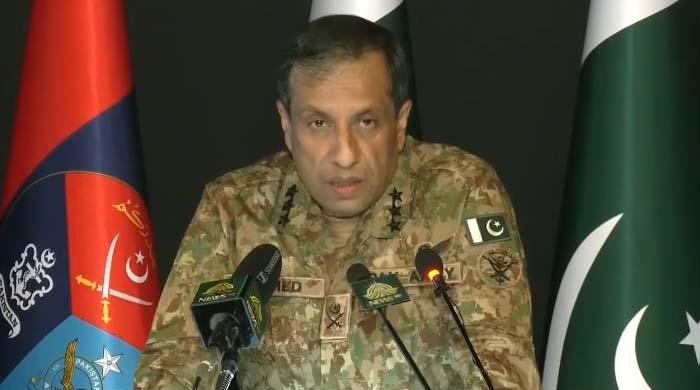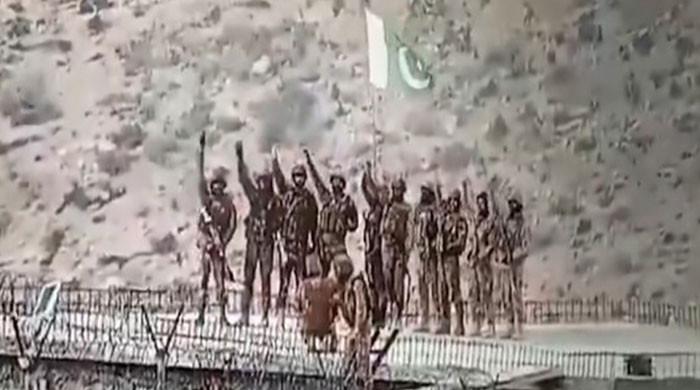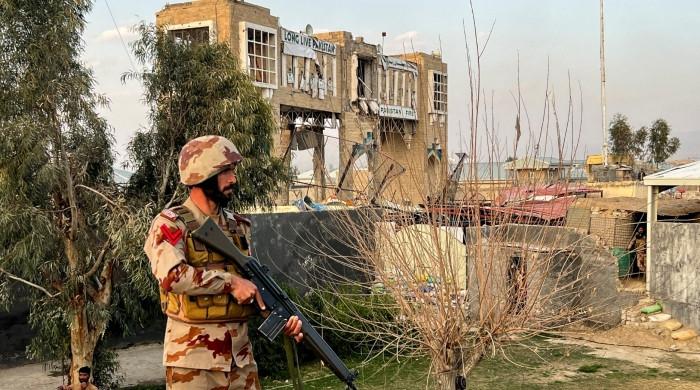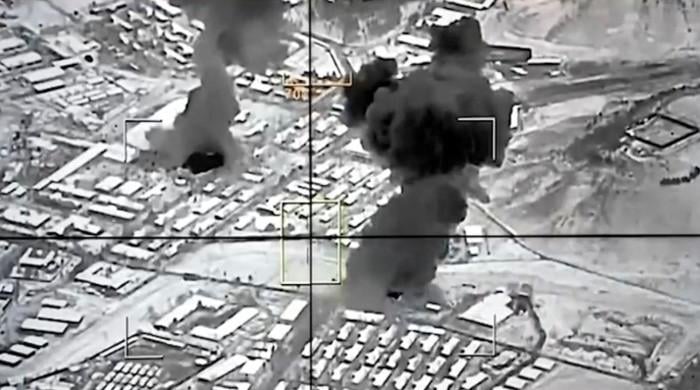People’s Tribunal aims at ending impunity for crimes against journalists: Zeeuw
"We want to build a public record to ensure justice can be done in these cases,” says Zeeuw
November 06, 2021
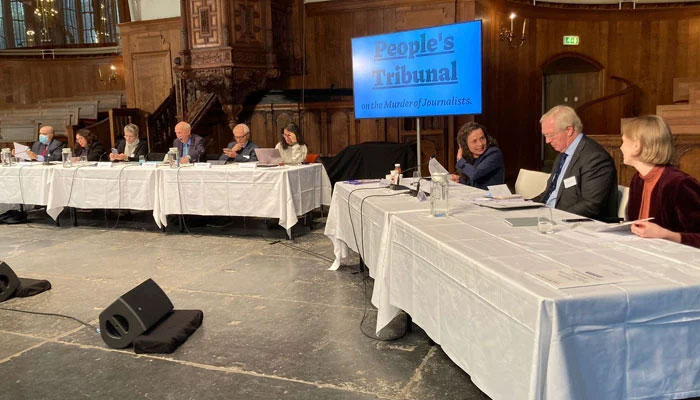
- People’s Tribunal wants to build a public record to ensure justice can be done in cases pertaining to crimes against journalists, says Zeeuw.
- Jasmijn de Zeeuw says tribunal is aimed at collecting stories of victims who were murdered in reprisal of their work.
- With the building of the public record they hope to approach the impact that real court proceedings can have, Zeeuw adds.
People’s Tribunal legal advisor Jasmijn de Zeeuw has said that the tribunal wanted to build a public record to ensure that justice can be done in cases pertaining to crimes against journalists.
Taking to GEO news, the legal advisor said, “Defiantly, this tribunal is aimed at collecting stories of victims, so relatives but also colleagues of journalists who were murdered in reprisal of their work.”
The tribunal aimed at giving them a platform to share their stories and to make aware indeed of the impact that these crimes have on them.
“And on the access to information around the world, we want to build a public record to ensure that justice can be done in these cases,” Zeeuw added.
She maintained that these crimes are documented and these facts are known and with that they wanted to add pressure on states, governments like Pakistan, Bangladesh in which impunity for crimes against journalists is a big problem.
“Unfortunately this is not a binding court we, therefore, can’t issue arrest warrants, it’s people’s tribunal, it’s an initiative by the civil society and through the legitimacy of judges participating, the prosecutor, experts and witnesses," she added.
Zeeuw said that with the building of the public record they hope to approach the impact that real court proceedings can have.
Earlier, the United Nations Educational, Scientific and Cultural Organization (UNESCO) had said that one journalist is killed every five days worldwide for providing information to the public.
Attacks on media professionals are often carried out without a confrontation, and are also carried out by organized crime groups, militias, and the police.
It is pertinent to mention here that the South Asian delegation of the European Parliament, in a recent visit to Pakistan, had raised the issue of freedom of the press and journalists with the Pakistani Foreign Minister.
Meanwhile, on the occasion of the India-EU Strategic Human Rights Dialogue, the question of the protection of journalists was raised with India. Similarly, trade concessions to Bangladesh and Sri Lanka have conditions for the protection of journalism and journalists.




